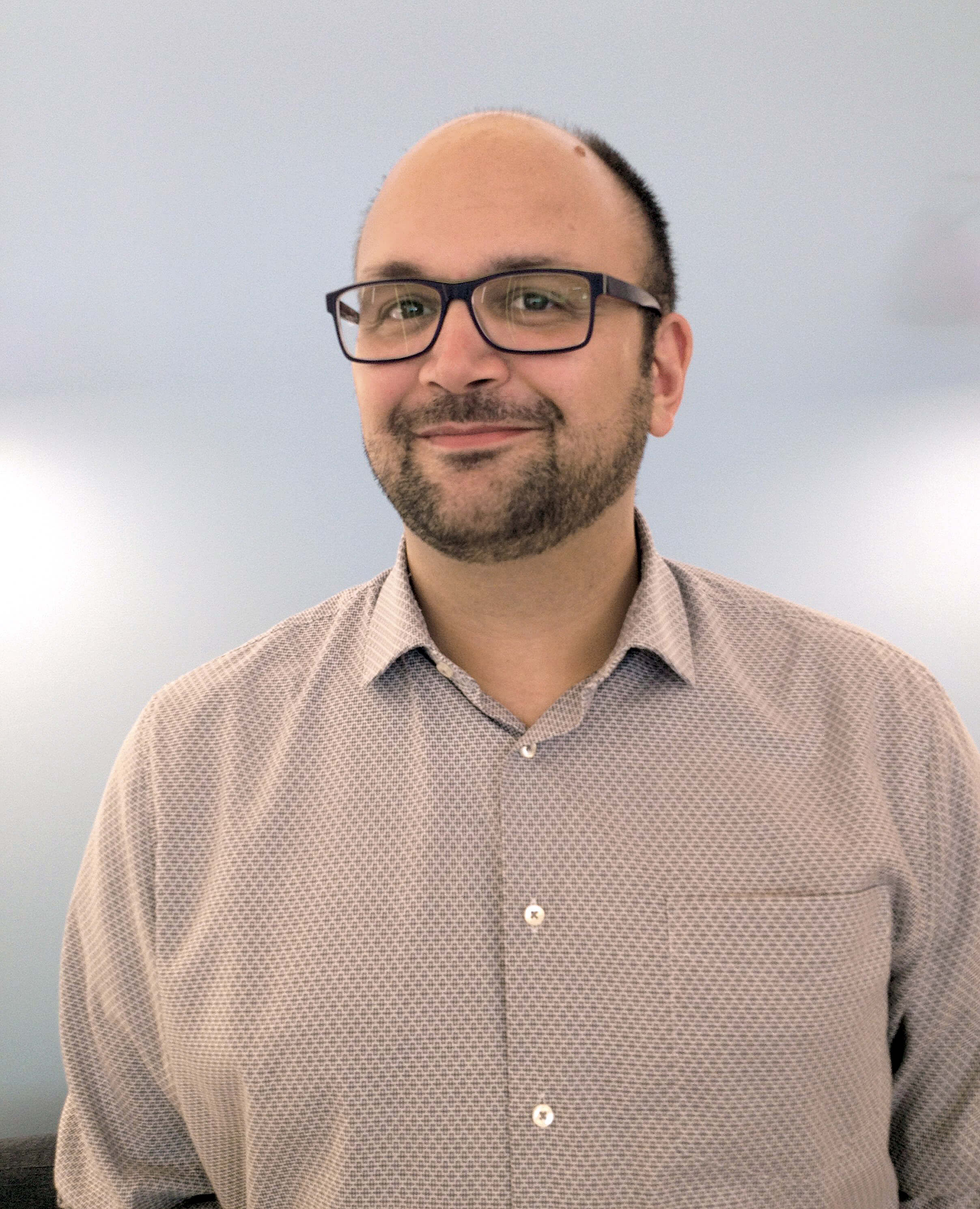If Diversity is All About Headcount, Inclusion is Making Each Head Count
Diversity and Inclusion - D&I or "inclusiveness" as HEC Paris Professor Matteo Winkler prefers to say - is one of the business school's core values, be that in class or elsewhere on campus. Today's students, he says, are tomorrow's leaders - and have the chance to drive positive change.

D&I has certainly risen up the business agenda over the past few years, but for Matteo Winkler, who chairs the HEC Paris Diversity Committee, it's important to begin with a clear definition.
"Diversity is about headcount, whereas inclusiveness is making each head count. I prefer to say, 'inclusiveness' because some of our corporate partners use this expression to underline that being inclusive requires action - a component that seems to be missing from the term ‘inclusion’. I think we have diversity everywhere already, but we need to work more intensely to ensure more inclusiveness."
An inclusive workplace, he feels, is one that all businesses should strive for.
"It is a workplace where all employees feel a sense of belonging and believe that they can contribute - that they can speak out without fear of being taken down or risking their career. And it's a place where management - in fact everyone from the bottom to the top - are conversant with discussions concerning diversity and inclusiveness.
"In terms of progress around the world, very generally speaking we are in quite a good place when it comes to D&I - but there is still a lot to do. It's hard to have a holistic view of the world because we tend to analyze by segments or by industry - and there are sectors that are more diverse than others."
As well as this, Professor Winkler points out, the business community is faring better with some of the different elements of D&I than others.
"If we are talking about gender diversity, then sure - there is a lot of gender diversity, but there is much less gender inclusiveness. If we talk about neurodiversity inclusiveness, we are really just in the initial stages because it has only really come to the fore over the past few years within public discourse."
Neurodiversity, he explains, is not easy to define - but it is important to include it in the diversity conversation.
"We all have a spectrum of behaviors that reflect our neurological make-up, and some of these conditions have been pathologized in the past - Autism, for example, and Asperger's.
"But in the last few decades, science has revealed that a spectrum exists in terms of what was once called neuro disorders, and the language has changed to be more inclusive. When we talk about disorders, it is stigmatizing, so we now refer to neurodiversity. If we want to be truly inclusive, we need to consider that people perform differently."

Matteo Winkler
Things get more complicated still, he asserts, when different subsets overlap.
"There are diversities, but there are also multiple diversities that accumulate in the same person. To see them, you need to look at a person intersectionally. So, a person can be discriminated against because she's a woman or because she's a lesbian, or both, and maybe she has Asperger's, too. And she is black. So, when we look at how well the world is doing in terms of D&I, a lot really does have to do with what type of diversity you are talking about, because in some areas we still have a very long way to go."
At HEC Paris, he confirms, D&I is embedded into the very fabric of the organization, running through both coursework and everyday life on campus.
"I started teaching D&I three years ago with great success and the students are very open to it - they want to listen, and they want to learn. D&I goes in many directions - it helps us to connect with more partners because it is attractive for corporations, and as a school we need to adapt and be ever-closer to our corporate partners.
"Then there is the fact that the students here make up the most diverse population that you can imagine - more than 110 nationalities are represented, so it is imperative to be inclusive. There is a very deep bond between students - they share values, and they share spaces and feelings and, therefore, it's not just the D&I dynamics of the classroom that are important but those impacting the entire campus.
"If you say you are a member of the HEC Paris staff or you are a student here, then what you're saying is that you are in a very diverse community and that you're inclusive in everything you do, from waking up to attending class and participating in sports and social events."
As chair of the Diversity Committee, Matteo Winkler affirms that his priorities are closely aligned with those of the school itself.
"At the moment, my top priorities are to fight against sexism, especially everyday sexism, and, moreover, to help all of the different populations work together, enhancing the acceptance of all cultural diversities and developing a sense of belonging and safety on campus.
"Moreover, it is my aim to spread this culture of inclusiveness within the classroom. We have, for example, certain students who tend not to mingle with others - we need them to feel fully included.”
One aspect of D&I that he feels very strongly about is social inclusiveness.
"Yes, we are an elite school - but we don't need to be an exclusive school that only the rich can access. Talent is not related to the assets of your family. So, we need to be able to welcome talented students from anywhere, which requires more scholarships and more social diversity. The school’s leaders are working on this intensively at the moment."
Summing up, Matteo Winkler says that as well as being 'the right thing' to do, pursuing a robust D&I policy has a multitude of compelling business imperatives.
"One very evident benefit is that it can help to transform corporate culture. We spend something like two-thirds of our life in the workplace, so being able to bring your entire self to work is essential - including not just your knowledge, skills and methodologies, but also your identity.
"But the business consequences of being more inclusive must absolutely not be the only objective. The second benefit is that being more inclusive simply makes people happier. Because of this, they not only work to benefit the company, but they work better for their own personal wellbeing. Work is a way for people to make themselves feel valuable. It can enrich their lives."
Matteo Winkler is an Associate Professor in the Tax & Law Department at HEC Paris and is also chair of the Diversity Committee, which was created in 2019.